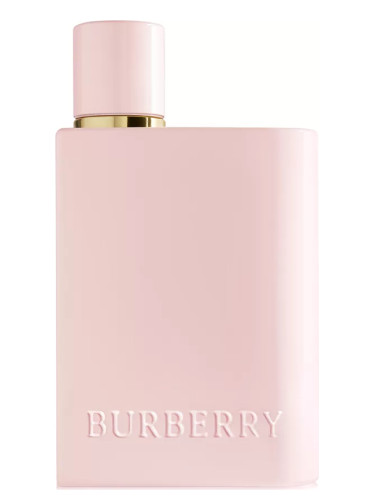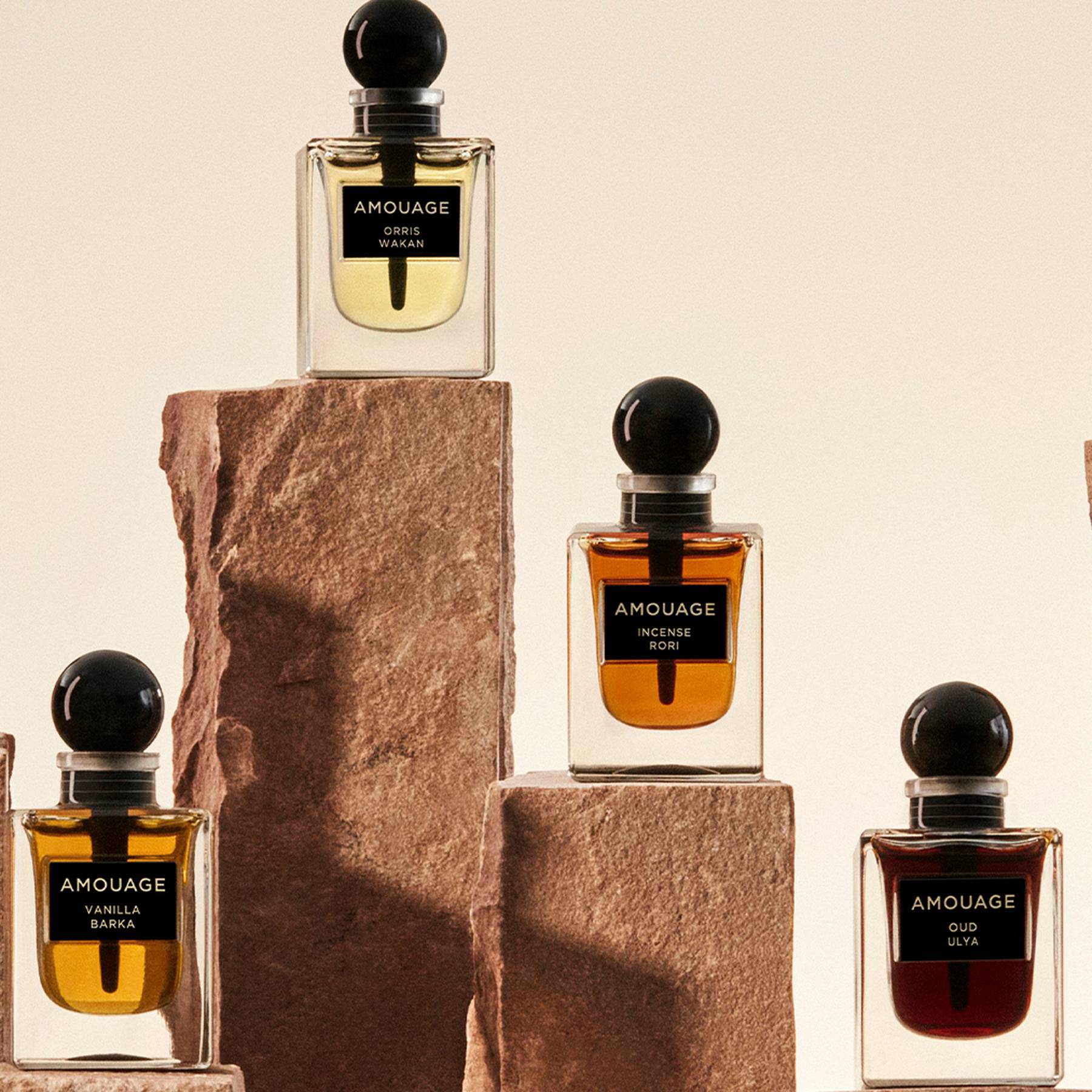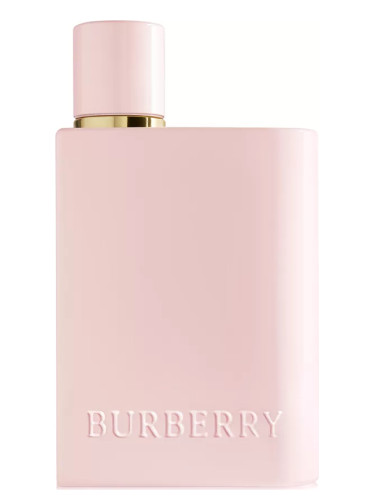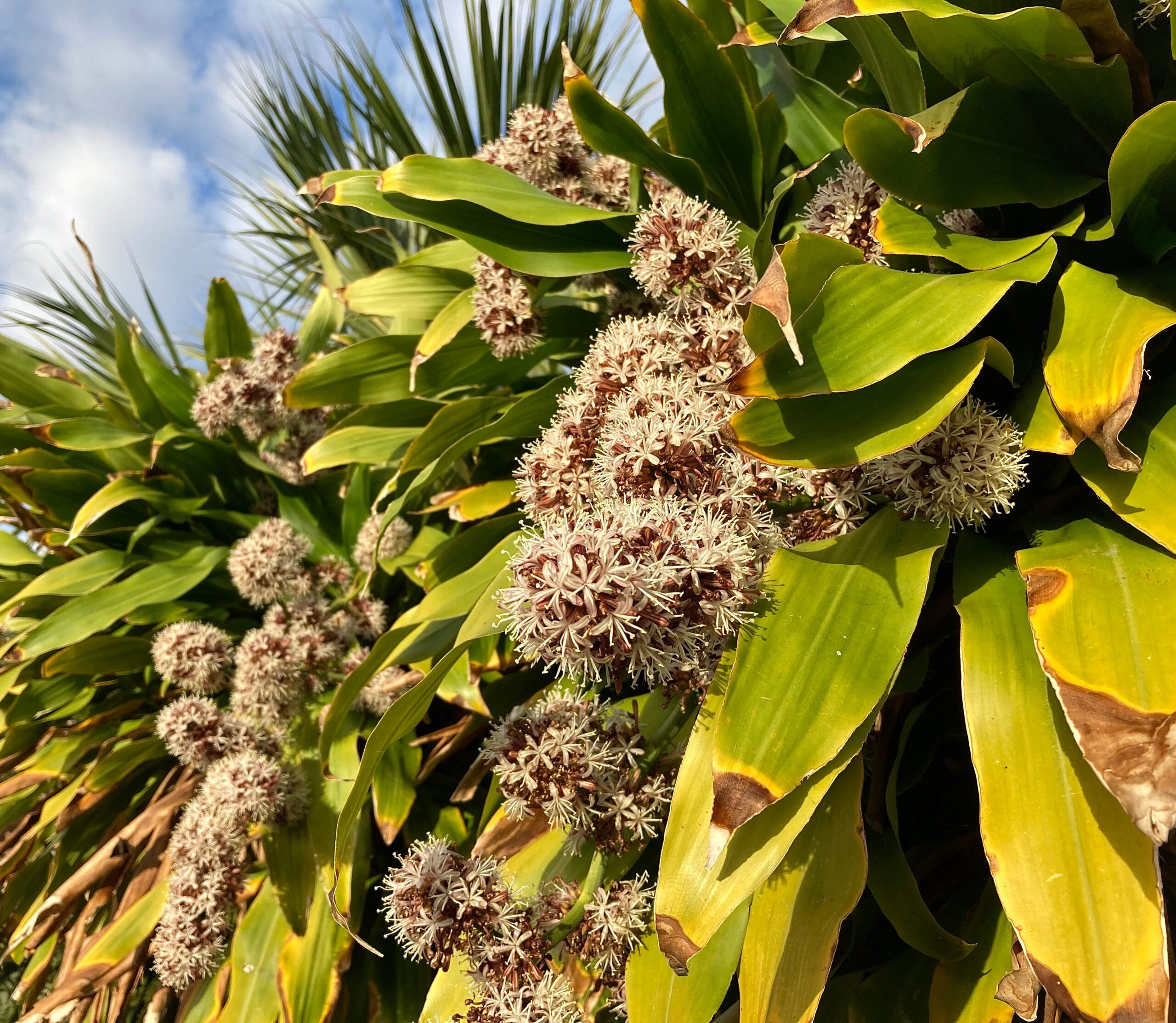Ah, patchouli. That distinct scent that takes many of us on a nostalgic journey back to the incense-filled rooms of the ’70s or maybe even a memory of that favorite aunt who wore it as her signature perfume. But have you ever paused for a moment… and wondered what patchouli actually is and where it comes from?
Patchouli, for those of us who aren’t well-versed in the world of essential oils and fragrances, might seem like some exotic concoction. In reality, it’s a product of Mother Nature herself. Let’s unravel this aromatic enigma.
1. The Patchouli Plant:
Patchouli originates from the leaves of the Pogostemon cablin plant, a bushy herb that hails from the mint family. Native to tropical regions of Asia, particularly in places like Indonesia, Philippines, and Malaysia, this plant is now cultivated in various parts of the world due to the demand for its distinct scent.
2. Harvesting and Extraction:
Getting from leaf to that iconic scent isn’t a straight-forward affair. The leaves are often harvested, dried, and then subjected to a steam distillation process. Think of it as brewing a very concentrated tea. It’s during this distillation that the essential oil of patchouli, the stuff of our fragrant dreams, is extracted.
3. The Aging Process:
Now, here’s a fun fact for you – much like a fine wine or my grandmother’s secret spaghetti sauce, patchouli gets better with age. The freshly distilled oil has a lighter tone. As it matures, it develops that richer, earthier scent that many of us are familiar with. So, if you ever stumble upon a bottle of old patchouli oil at the back of a cabinet, consider yourself lucky!
4. Uses and Benefits:
Patchouli has woven its way into various aspects of our lives. From perfumes and incenses to cosmetics and even some medicinal applications, its uses are broad. Some believe it has therapeutic properties, such as promoting relaxation and alleviating stress. Though I can’t vouch for its medicinal prowess, there’s no denying the sense of calm it brings when you take a deep breath of it.
5. Cultural Significance:
Remember that mention of cultural nuances? Well, in many Eastern cultures, patchouli has been used for centuries, not just as a fragrance, but also in traditional medicines and rituals. Its popularity in the West, particularly during the hippie movement, adds yet another layer to its rich tapestry of history and significance.









